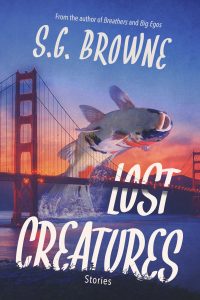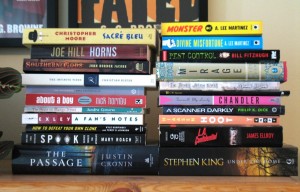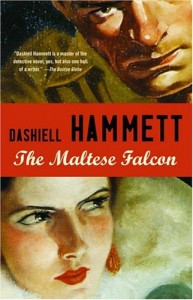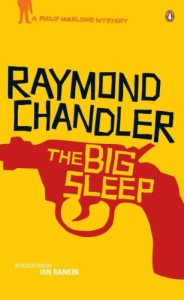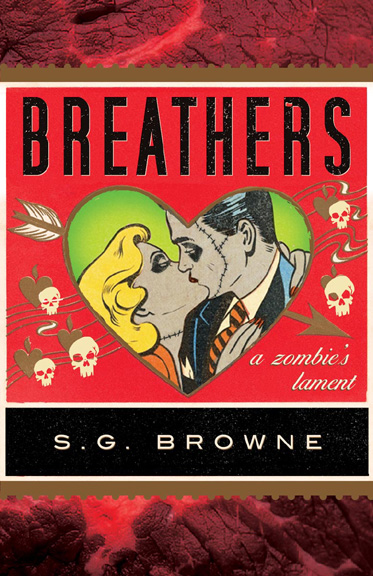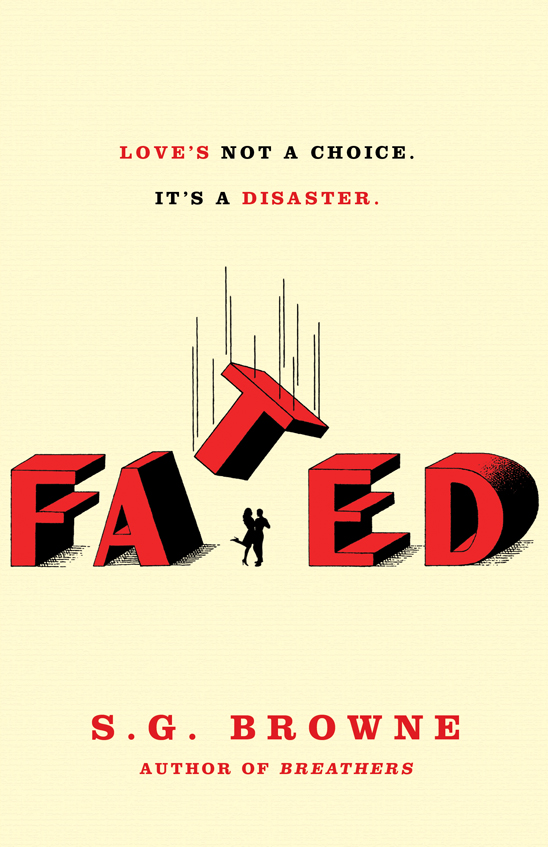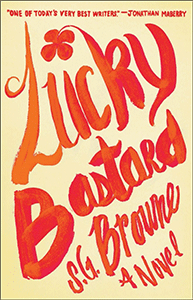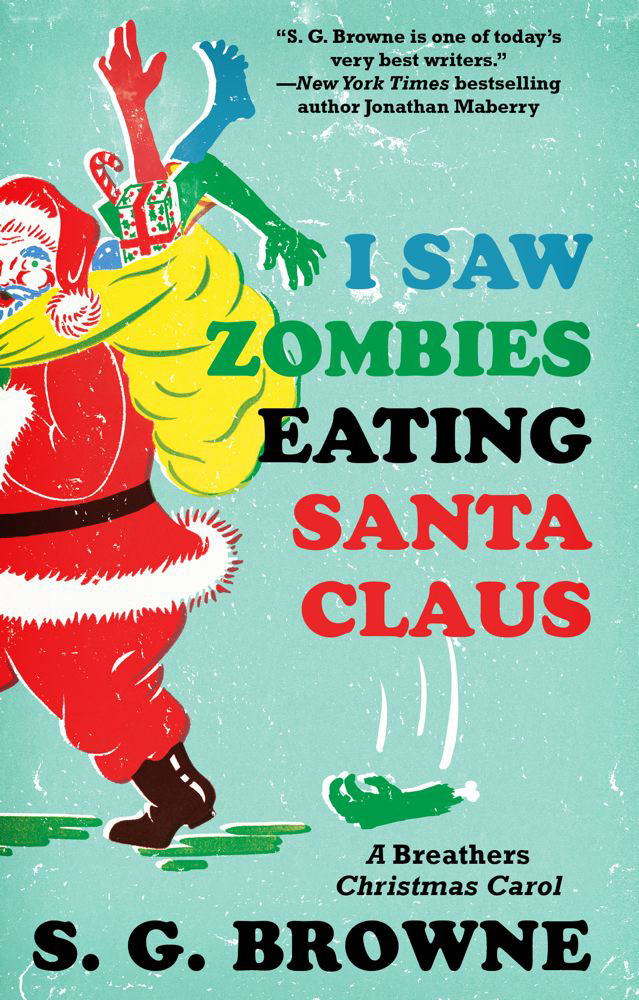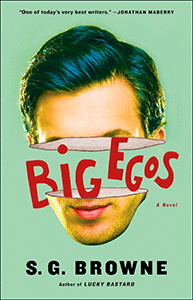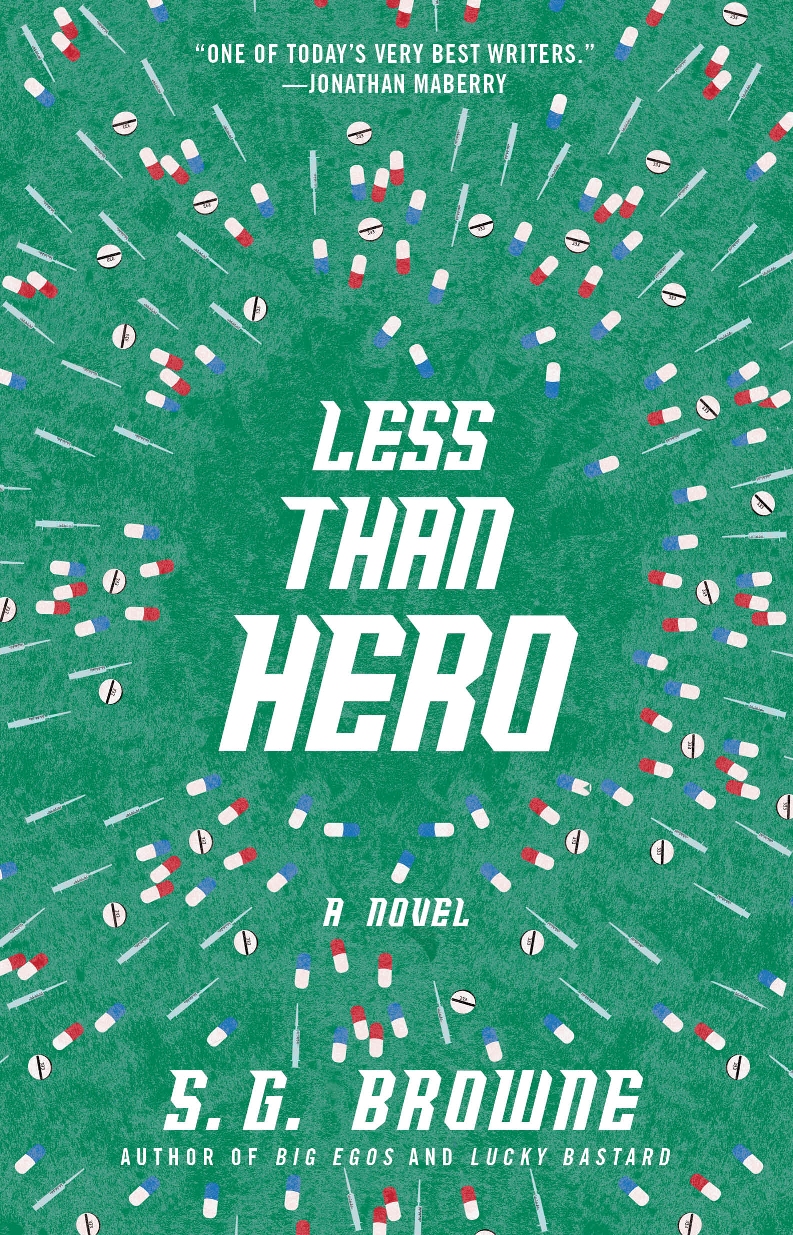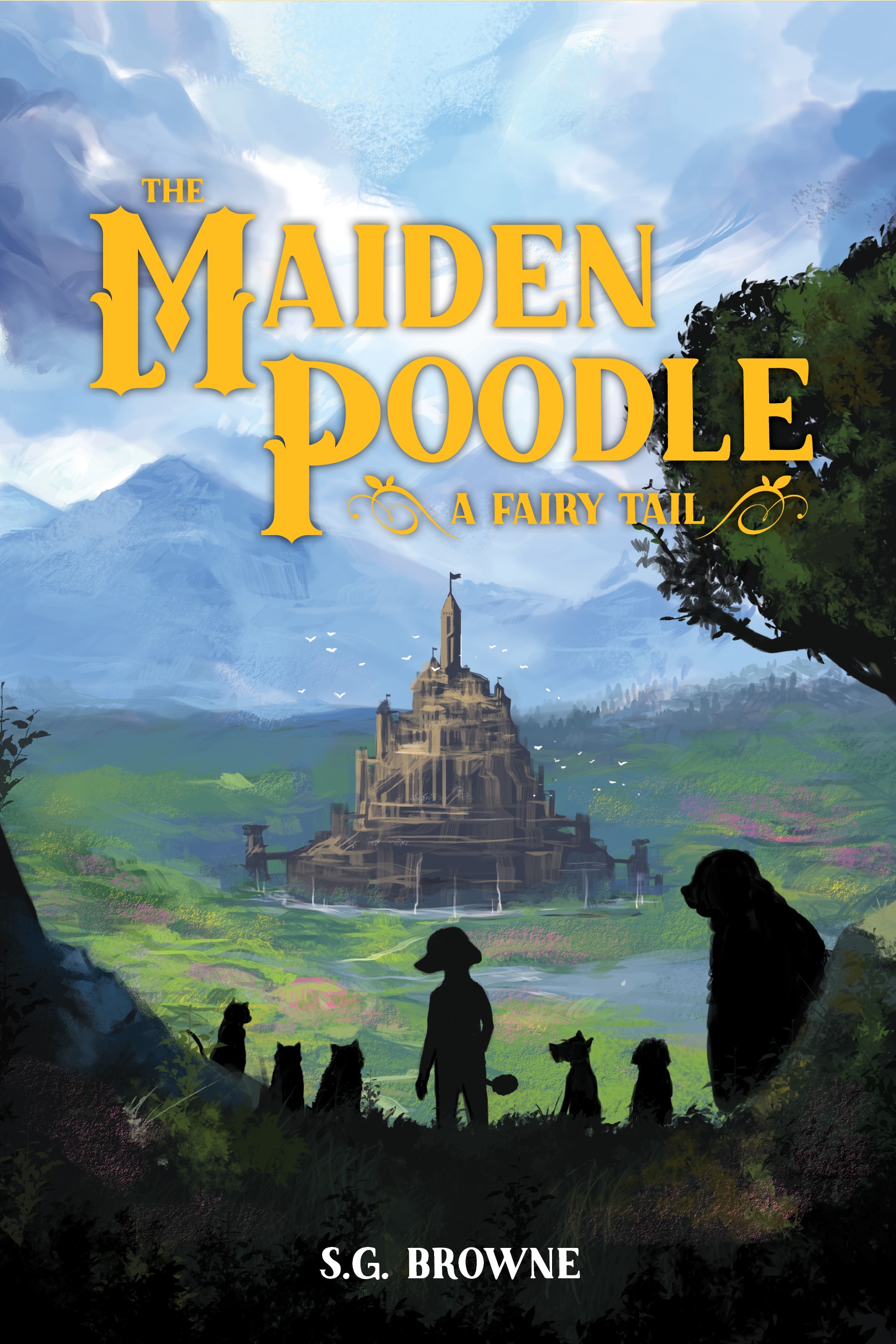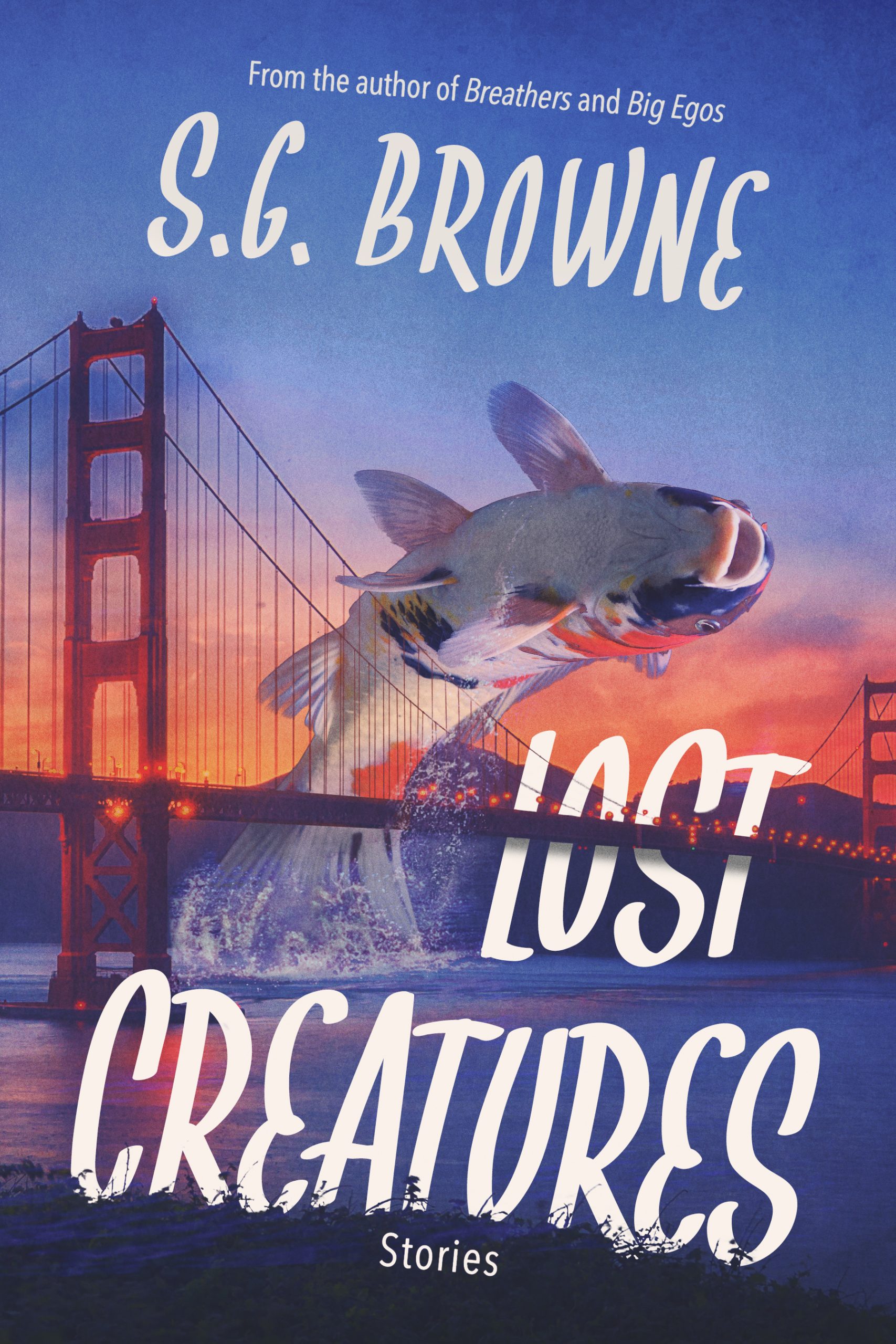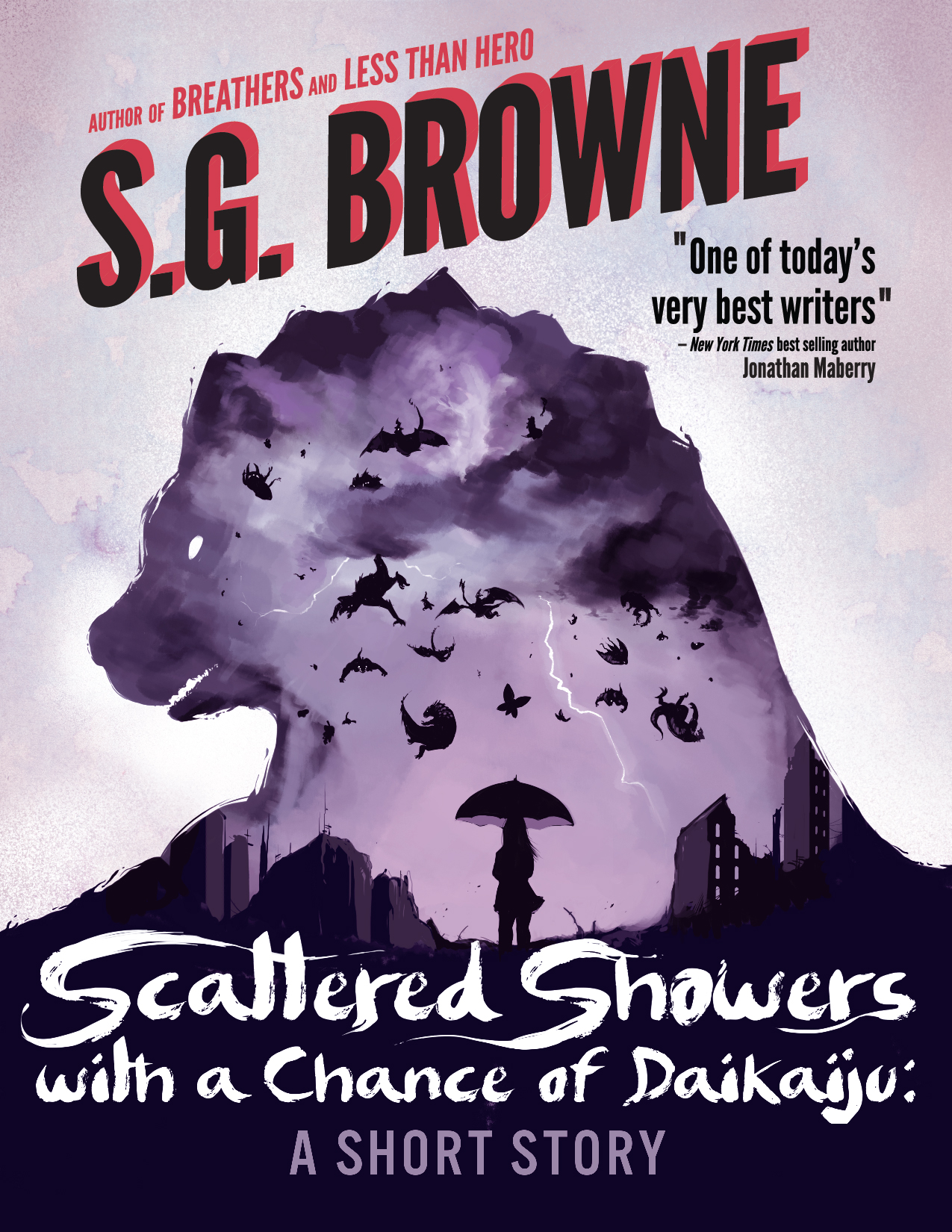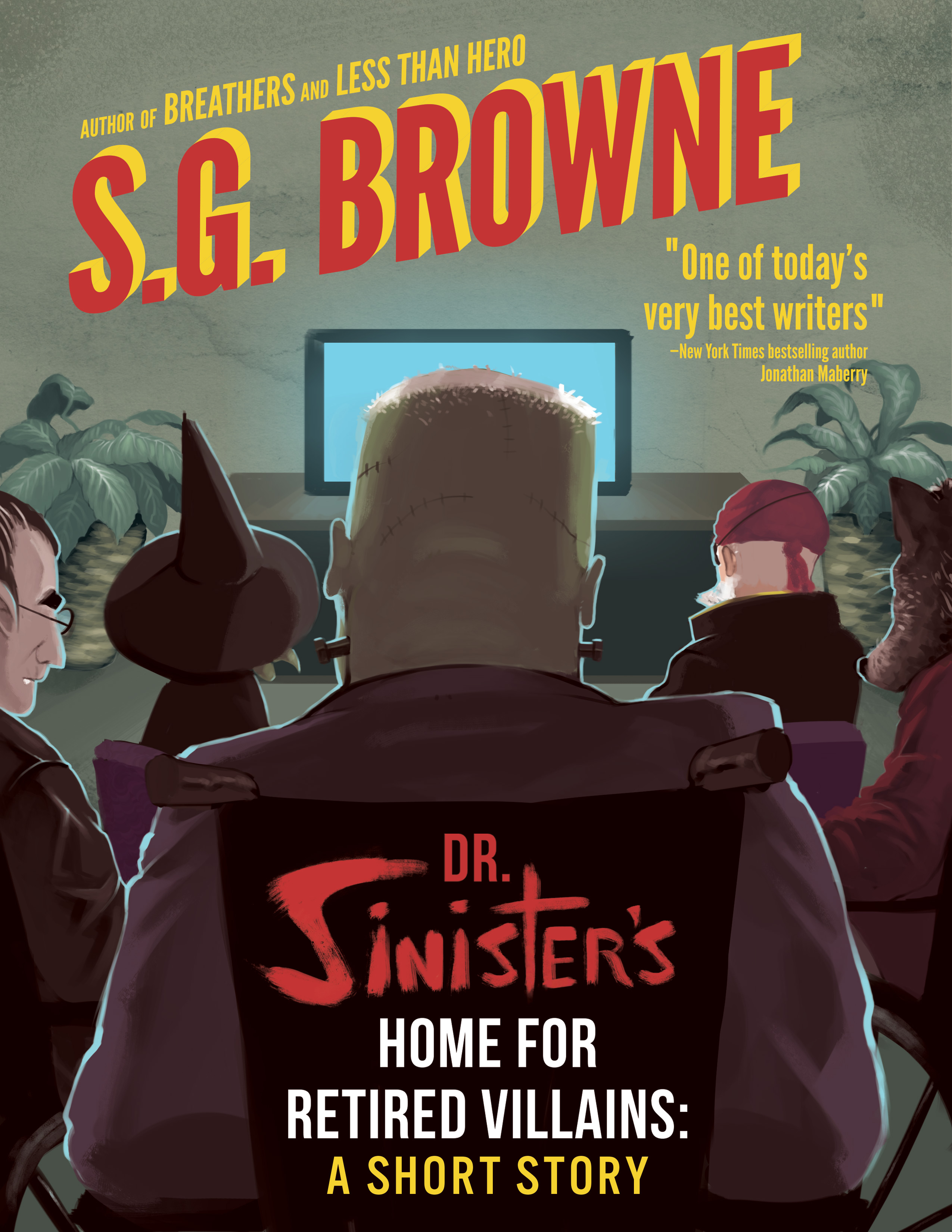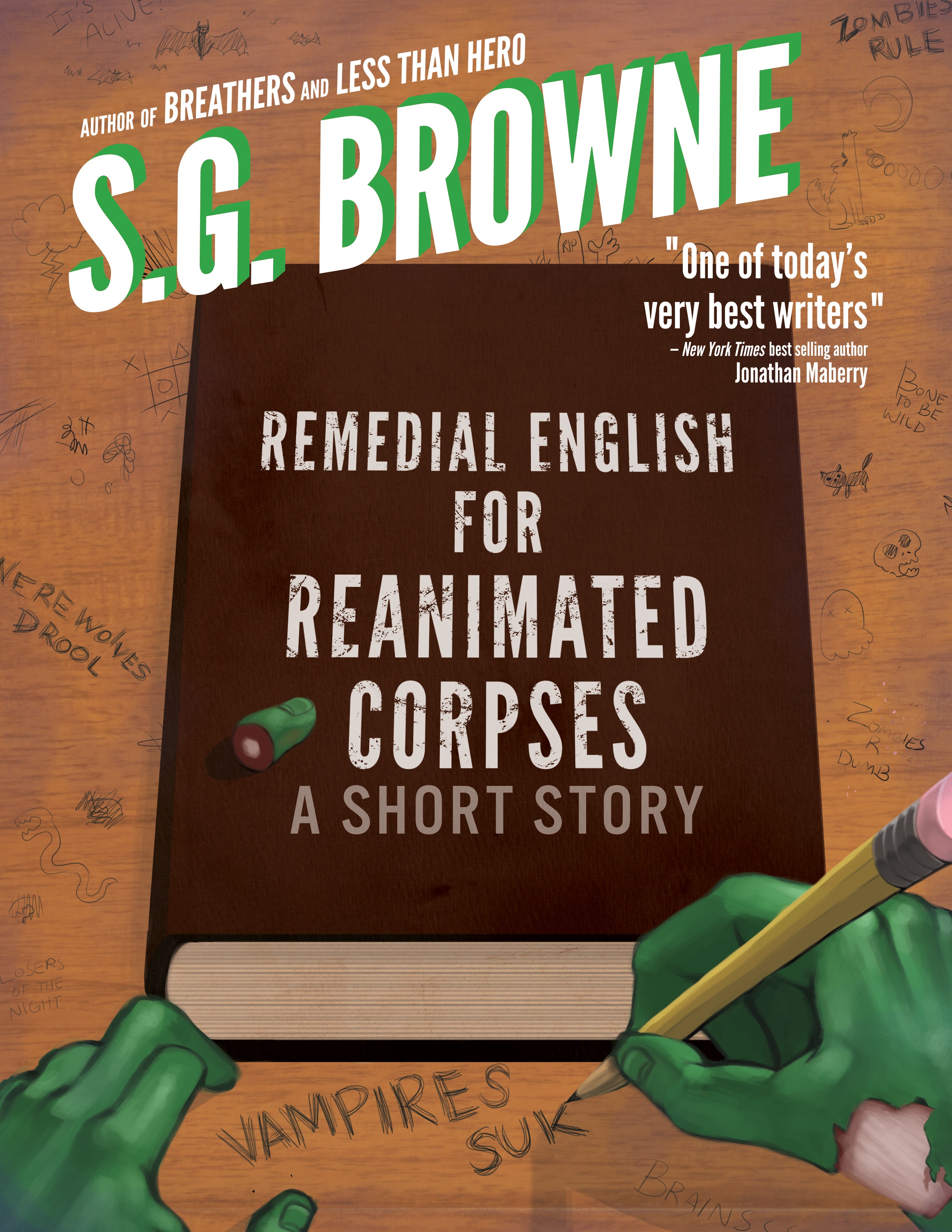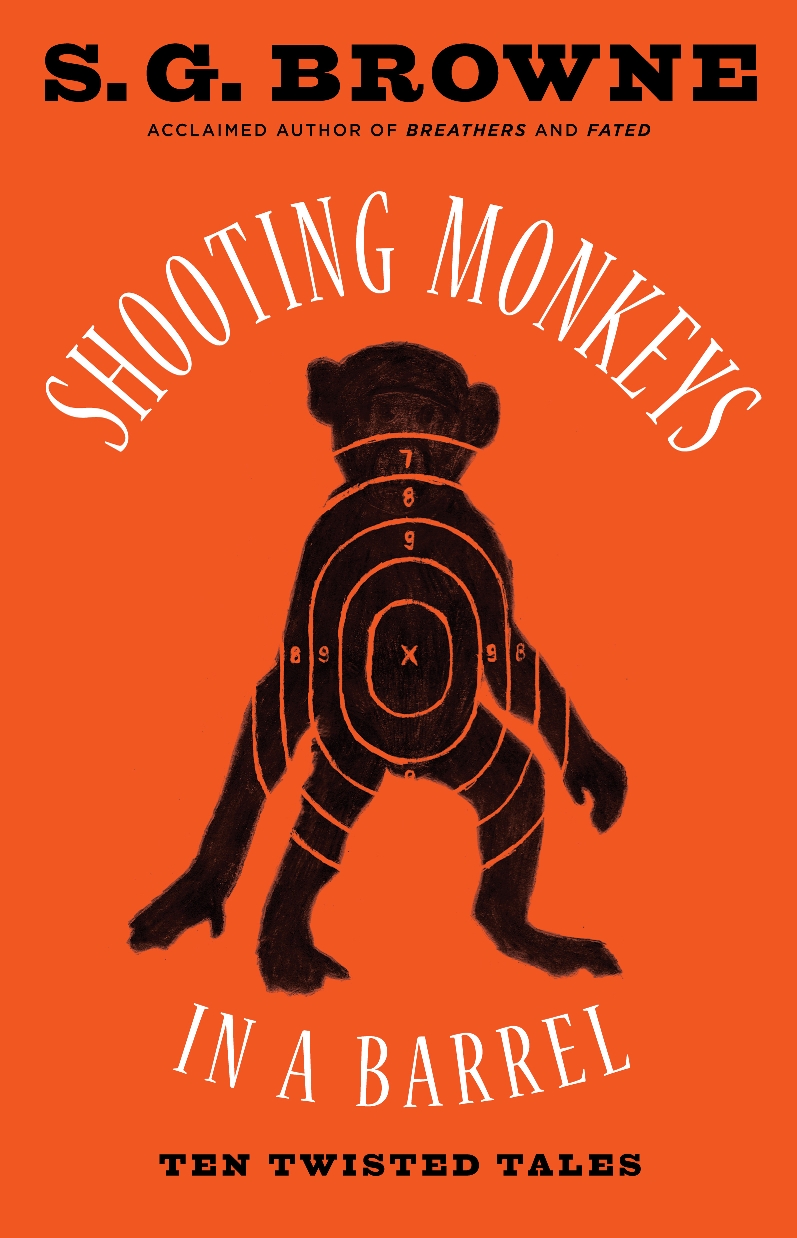Welcome back to Fiction Friday, where I’m spotlighting the novels that influenced and inspired the writing of Lucky Bastard.
Last week I brought you Raymond Chandler’s classic mystery/noir novel The Big Sleep. This week, in Paul Tremblay’s The Little Sleep and No Sleep Till Wonderland, Mark Genevich is a South Boston private detective who suffers from narcolepsy and hallucinations. If that’s not bad enough, he has an overbearing mother for a landlord.
I stumbled across The Little Sleep at my local Books Inc. in early 2010. After finishing it in just a couple of sittings, I immediately picked up the sequel to find out what else was in store for Mark Genevich. I recently asked the author a few questions about his novels and his unique protagonist.
* * * * *
What gave you the idea to write a novel about a narcoleptic detective?
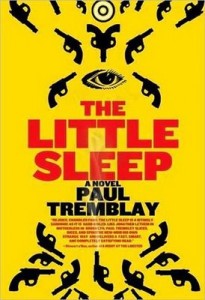 I don’t remember where or when, exactly, but I got this image stuck in my head of a stereotypical PI scene where a beautiful woman walks into a detective’s big city office. Only her case is a truly bizarre one: her fingers on one hand were stolen and then replaced with someone else’s fingers. I quickly wrote that scene as the first chapter for some unknown, unformed book. Originally, I was going to play the missing fingers straight and try to write a PK Dick/horror/noir mash-up, but I didn’t have any story ideas to go along with it. So I put that chapter away for about a year.
I don’t remember where or when, exactly, but I got this image stuck in my head of a stereotypical PI scene where a beautiful woman walks into a detective’s big city office. Only her case is a truly bizarre one: her fingers on one hand were stolen and then replaced with someone else’s fingers. I quickly wrote that scene as the first chapter for some unknown, unformed book. Originally, I was going to play the missing fingers straight and try to write a PK Dick/horror/noir mash-up, but I didn’t have any story ideas to go along with it. So I put that chapter away for about a year.
Then one night I was researching medical afflictions (not a pastime; I was doing research for another story), and I stumbled across narcolepsy. When I read about the symptoms, particularly hypnagogic hallucinations, I remembered that missing-fingers chapter and knew instantly that her fingers were no longer really missing, and that my detective was dreaming. The title, THE LITTLE SLEEP, occurred to me immediately thereafter, and I went to work on research and building a plot for poor Mark Genevich.
Tell us about your hero, Mark Genevich. What’s he like?
 Mark is really kind of an anti-detective. Because of his narcolepsy, he’s not really cut out for the surveillance, cloak and dagger lifestyle. He’s more than a little surly and sarcastic. He’s a glass-half-empty kind of guy to be sure, but can you blame him? His lives and works in a building owned by his well meaning but overbearing mother who constantly checks up on him. A terrible van accident left him scarred physically and mentally, as well as emotionally.
Mark is really kind of an anti-detective. Because of his narcolepsy, he’s not really cut out for the surveillance, cloak and dagger lifestyle. He’s more than a little surly and sarcastic. He’s a glass-half-empty kind of guy to be sure, but can you blame him? His lives and works in a building owned by his well meaning but overbearing mother who constantly checks up on him. A terrible van accident left him scarred physically and mentally, as well as emotionally.
Mark isn’t going to outwit every suspect he stumbles upon, but he isn’t stupid. He’s not going to win very many brawls, but he isn’t weak. Single-minded will and determination is what sets Mark apart from most. Despite everything going against him (including himself, more often than not), he won’t ever give up.
Do you have narcolepsy? What kind of research did you do to bring your main character to life?
I do not have narcolepsy. However, in the mid-to-late 90s, I did suffer from a sleep disorder: sleep apnea. So, I do have some personal experience with crushing daytime fatigue. That said, based on my research and collected first-hand accounts from those who suffer with narcolepsy, my sleep apnea was nothing compared to what narcoleptics have to deal with. Most of my research was online, though I did read a self-published first hand account of a woman who lives with narcolepsy, and found it to be quite informative.
Mark Genevich, lives in Boston. You live in Massachusetts. No one ever sees the two of you at the same party. Coincidence? Is Mark your alter ego? Or are you just good friends?
 Shh. Don’t tell…
Shh. Don’t tell…
I lived in South Boston for three years with my wife before moving out of the city. Lisa’s mother’s side of the family were born and raised in South Boston, so I had a wealth of homegrown experience and information at my disposal.
I’m as grumpy and surly as Mark when I go too long between meals. Or when I’m low on sleep. Otherwise, Mark is his own guy.
The title of your debut is a play on The Big Sleep by Raymond Chandler, and your opening paragraph is a wonderful nod to his novel. It’s obvious Chandler had an influence on you. Who and what are some of your other literary influences?
As a reader, I first fell in love with horror and speculative fiction. While I’d read some crime/noir fiction, I certainly wasn’t an expert. For The Little Sleep, I did as much research on crime and noir fiction as I did for narcolepsy. I read and re-read Chandler (including his personal letters), Hammet, Ross McDonald. I also re-read noir mash-ups from PK Dick, Jonathan Lethem, and Will Christopher Baer. Baer’s Phineas Poe informed Mark Genevich as much as Chandler’s Marlowe. Though as you noticed, The Little Sleep’s first paragraph is a big nod to The Big Sleep.
My other literary influences include Stephen King, Kurt Vonnegut, Joyce Carol Oates, and many more. I try to steal from everyone!
Your novel No Sleep Till Wonderland is a terrific follow-up to The Little Sleep. Did you always plan to write a sequel? And will Mark Genevich come out to play a third time?
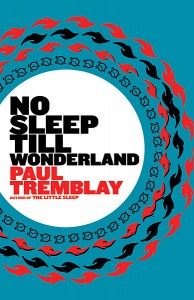
I didn’t actually plan to write a sequel. In fact, when I finished The Little Sleep, I told my agent that this book was it and that there’d be no sequels. As a reader, I’m not all that interested in series, to be honest. I much prefer stand-alones. And besides, I’d written Mark Genevich’s story and that was it. Well, Henry Holt came in with an enthusiastic offer for two books, and it was hard to say no. There are worse problems in life to have than writing a sequel, right?
That said, I had a hard time coming up with a plot line for the second book. I know part of the issue was me subconsciously (or consciously) rebelling against the idea of writing a sequel. But when I thought about the first book and how it was a novel about memory, the past, and how it shapes our identity, I found my way into the second novel. If The Little Sleep was about Mark’s past and who he was, then the second novel would build on that, and be more concerned with Mark’s present. Who he was would still be a mystery, but so would who he is now.
Is there anything else you’d like to share?
I hate coffee and pickles. Pickle flavored coffee would be the worst thing in the world, and a sure sign of the apocalypse.
Also, keep an eye out for my dystopian novel (doesn’t everyone have one?) SWALLOWING A DONKEY’S EYE, coming in August!
* * * * *
Get your copy of The Little Sleep:
You can read more about Paul Tremblay on his Website and follow him on The Little Sleep’s Blog





